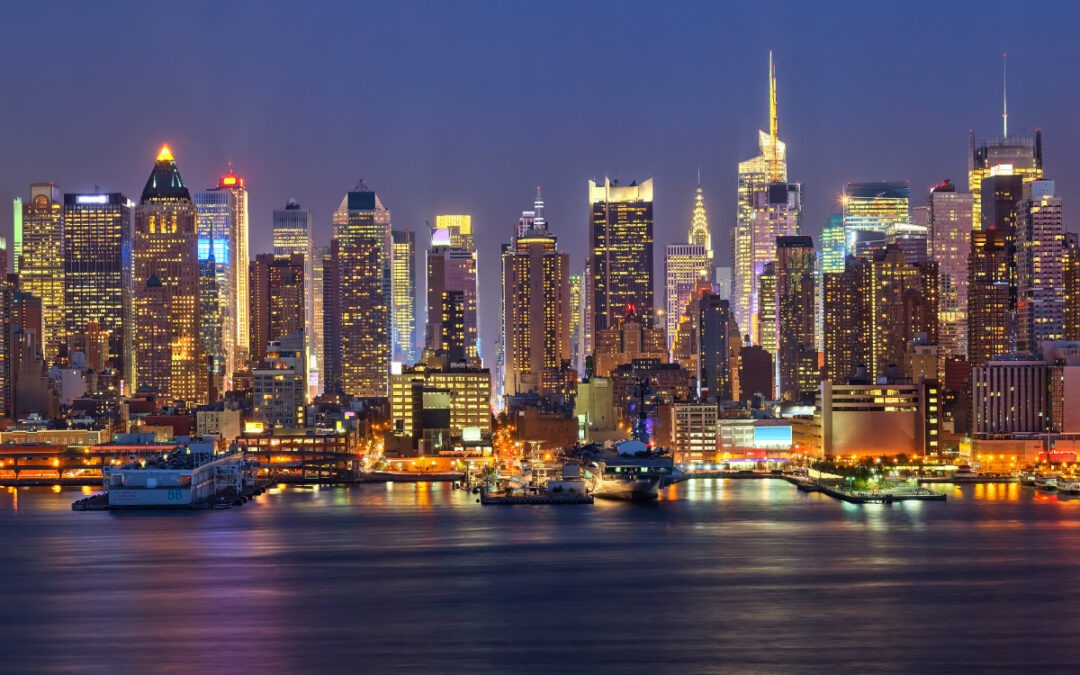The Act establishes the Office of Building Energy and Emissions Performance. This department will oversee implementation of building energy and emissions performance laws, creating and administering protocols for assessment, and monitor buildings energy use and emissions.[iii] There are potentially steep fines for those buildings that do not meet the cap. There is a program that allows building owners to offset a percentage of their upgrades by purchasing renewable energy credits. Finally, there are certain exemptions from the Act including houses of worship, hospitals, NYC Housing Authority complexes, apartment houses with rent-regulated units, and other affordable housing types.
The law does create challenges in the real estate industry. Certain businesses consume more energy, such as media, technology, or life sciences companies. Building owners will think twice before renting to certain types of energy intensive companies fearing that they will have to pay fines when the energy use exceeds the caps. One way to potentially alleviate this is “green leases.” Green leases (aka high-performance leases) offers substantial benefits to landlords and tenants by giving them the framework under which they can achieve energy efficiency and other environmentally sustainable goals throughout the lease term.[iv] The topic of green leases and its complexities deserves a blog post on its own, that will be provided.
The law does have critics. The Real Estate Board of New York (REBNY), a trade association that represents the real estate industry, faulted the bill for singling out larger buildings while exempting a wide range of properties from the caps as referenced above.[v] The association also noted that the strict, fixed caps would make it harder for buildings to accommodate growth, as increased occupancy translates to more energy usage and a greater likelihood of exceeding the carbon caps. REBNY said that landlords would incur a cumulative cost of at least $4 billion to make the upgrades needed to bring their buildings into compliance.
Reducing the carbon footprint of buildings in NYC is now a critical business and legal issue for real estate developers, operators, design professionals, and potential investors. Also, lawmakers estimate that the Act will increase employment numbers in the construction industry.
Yoars Law has years of experience with environmental regulation and the construction industry in New York. We focus on being proactive business and legal advisors for our clients, guiding them through the complex legal and regulatory environments in which they must operate, as well as being zealot advocates when needed. We also provide transparent and predictable legal fees so our clients can manage their budgets consistently and effectively in an industry where controlling costs is one keystone in the success of a project.
[i] Hilburg, J., “Green Deal with It,” The Architects Newspaper, 4/19/2019 at https://archpaper.com/2019/04/new-york-city-climate-mobilization-act
[ii] https://www.urbangreencouncil.org/content/projects/all-about-nyc%E2%80%99s-historic-building-emissions-law
[iii] https://legistar.council.nyc.gov/LegislationDetail.aspx?ID=3761078&GUID=B938F26C-E9B9-4B9F-B981-1BB2BB52A486&Options=ID%7CText%7C&Search=1253
[iv] More detailed explanation of green leases can be found on Green Building Alliance website at https://www.go-gba.org/resources/green-building-methods/green-leasing/.
[v] https://www.rebny.com/content/rebny/en/newsroom/press-releases/2019_Press_Releases/Statement_Intro_1253_Carbon_Emissions_Climate_Change.html

